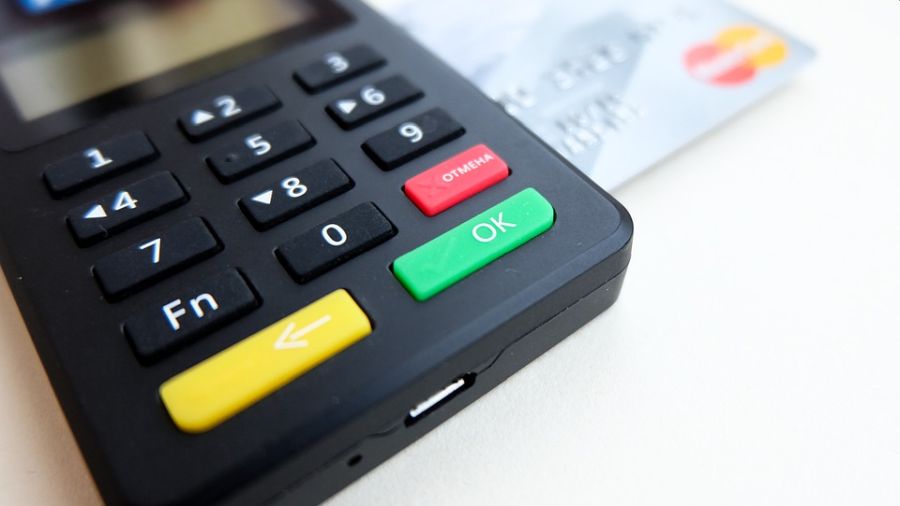After several shoppings on your trips, the brief moments spent at the checkpoints of your visiting stores are most likely to have given you an idea of how greatly a POS system would benefit your own business. Right?
In just 5 minutes on this blog, your walkaway will be a solid, basic knowledge about POS systems. Dive in.
What Is POS
The acronym POS stands for Point Of Sales. A point of sales is a checkpoint in a store where orders are opened and bills are paid. The POS system, on the other hand, is either a hardware-based or cloud-based system used for billing. This system technically consists of a display unit for billing display, a cash register, a barcode scanner, an input interface, a processing interface, and a printer. In the next section, I will highlight the types of POS systems you should be considering for your retail store.
Types Of POS System
Your line of product will determine the type of POS that’s suitable for your needs. However, other than going for either of the ones highlighted below, an ERP suite is also a great option when you’re looking to do more than just point of sale but every other one of your business activities using a centralized IT. And speaking of a reliable ERP provider, this myob exo partner will get you all the solutions you need in one simple place at a budget-friendly price.
- Electronic goods POS; these point of sales systems have a program that allows you to upload serial numbers on the for identification during scanning. As electronic goods need a serial number to identify both their make and unique model, an electronic goods POS will establish easy tracking of your electronics store’s inventory.
- Jewelry Store POS; they usually have a built-in alarm component that alerts you whenever an error has been made in billing. Also, as these are for stores that sell high-value products (jewelry), they usually come with a reminder for a timely stock auditing.
- Apparel store POS; featuring more than just a simple SKU (Stock Keeping Unit), an apparel store POS will have a more complicated SKU as required by your store. It starts with a line of parent SKU which will represent the brands you’re selling. Under each of these parent SKUs, you’ll then have multiple children SKUs that represent the individual line of products for each brand.
- Restaurant POS; whether for a coffee shop or any food-related store, this kind of POS usually spot a single screen on which you can process orders, make reservation management, and receive feedback from your customers.
Before going into the benefits of POS systems below, note that a point of sale system can either be cloud-based or a native one.
Benefits Of POS Systems
- Efficient inventory management; just save the current level of your products on it for involuntary management of inventory.
- Accuracy in sales report; a POS is a portable computer on its own that is less likely to make mistakes.
- Laser-focused employee identification; you can track the checkout speed of each employee and the kind of customer reviews each of them gets by using an employee access code on your POS.
- Greater efficiency; compared to using a traditional cash register.

